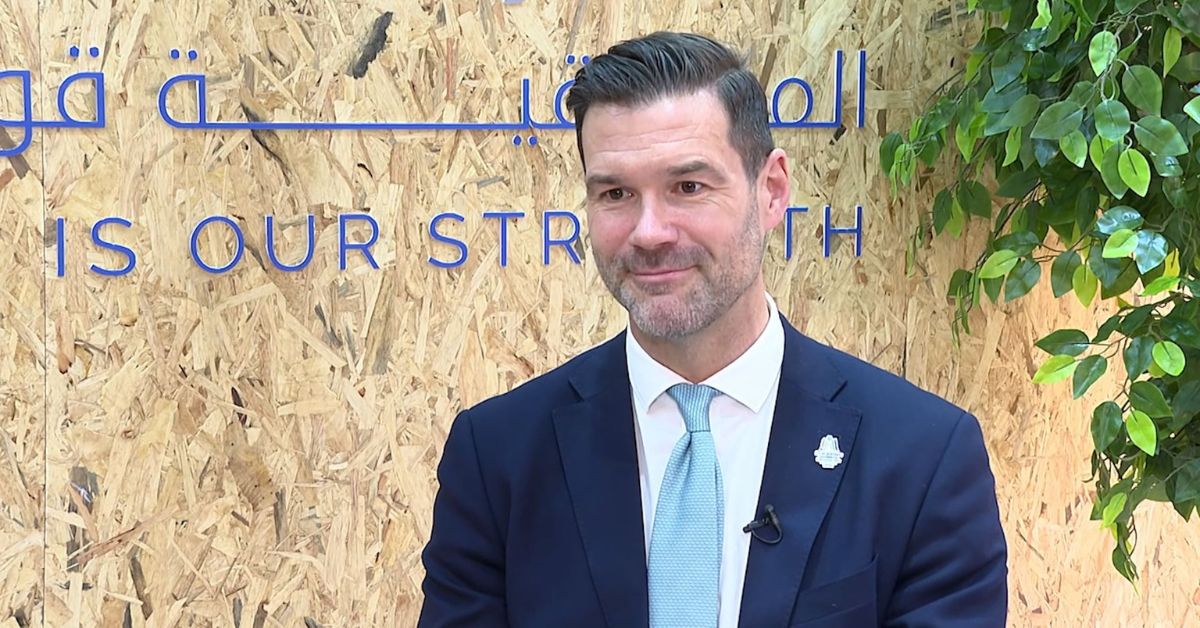ABU DHABI – It is a matter of concerns that some countries prioritize domestic market protection over free international trade, said Johan Forssell, Swedish Minister for International Development Cooperation and Foreign Trade.
Leading the Swedish delegation to the World Trade Organization’s (WTO) 13th Ministerial Conference (MC13) in Abu Dhabi, Forssell underscored Sweden’s dedication to the rules-based international trade system.
“However, in today’s world, we are witnessing more geopolitical tendencies and a shift towards less free trade and more state subsidies,” he said.
This trend poses a challenge, especially for medium-sized nations that rely on innovation and trade, the minister noted.
Competitiveness vs. Subsidies
“We believe that enhancing competitiveness and ensuring that the nations offering the best products and services come out on top is more crucial than those offering the largest subsidies,” said Forssell.
He further stated that from an economic standpoint, it is widely recognized that subsidies do not lead to the desired economic development.
“We hope that MC13 will mark the beginning of a discussion within the WTO on trade and industrial policies.”
Discussing Sweden’s priorities at the conference, the minister highlighted the need to restore a fully functional dispute settlement system, conclude the fisheries subsidy negotiations, and extend the moratorium on customs duties for electronic transmissions.
UAE in MC13
The minister described MC13 as a well-organized meeting with high expectations that are anticipated to be fulfilled. “We welcome the UAE’s leadership in hosting this significant event,” he said.
Addressing the challenges ahead, the minister acknowledged the complexity of the issues at hand.
“However, the gathering of so many nations here, dedicating a few days to these discussions, is promising. I am hopeful that we will meet all the high expectations for the decisions that need to be made.”
Forssell also highlighted the strong bilateral relations between Sweden and the UAE. “We are continuously engaging in dialogue on areas of cooperation, including economic ties and climate issues,” he said








